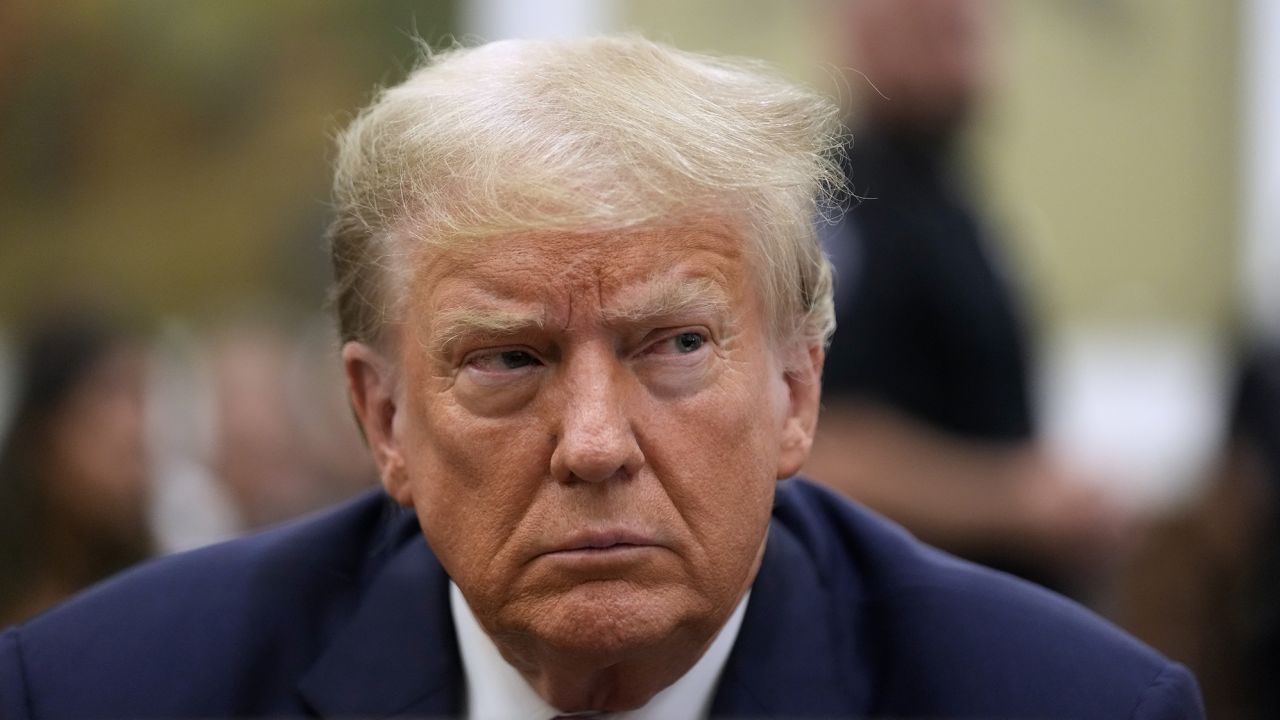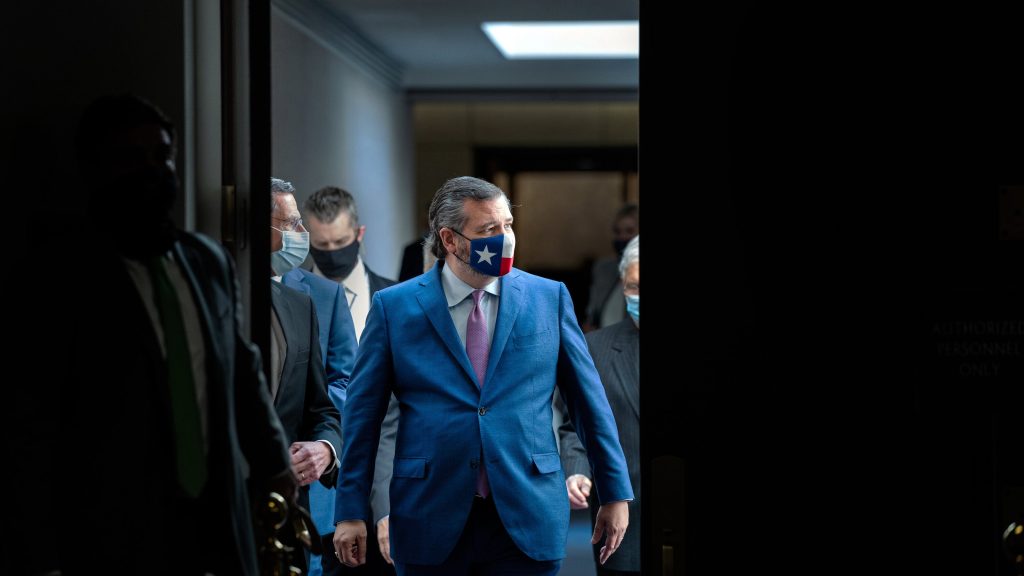In a dramatic turn of events, former President Donald Trump has filed a lawsuit against the Department of Justice (DOJ), marking a significant escalation in the ongoing legal battles surrounding his presidency and post-presidency activities. This development has sparked intense debate across the political spectrum, with implications that could affect the balance of power between the executive and judicial branches of government.
The Legal Context
The lawsuit centers around the 2022 FBI raid on Trump’s Mar-a-Lago estate, which was part of an investigation into the handling of classified documents. Trump’s legal team argues that the raid was unconstitutional and motivated by political bias. They claim that the search was conducted without proper justification and that it violated his rights as a former president.
This case is not only about the specific actions taken during the raid but also about broader questions of executive privilege and the limits of governmental power. The DOJ, on the other hand, maintains that the investigation was necessary to ensure the security of national secrets and that the actions taken were within the bounds of the law.
The Role of the Special Master
A critical element of this case involves the appointment of a special master, Judge Raymond Dearie, to review the documents seized from Mar-a-Lago. The special master’s role is to determine which documents are subject to executive privilege and whether they should be returned to Trump. However, the DOJ has argued that this process is unnecessary and that the documents in question are government property, not personal items.
The Supreme Court has been asked to intervene in this matter, with the DOJ urging the court to reject Trump’s request for a special master review. The DOJ contends that Trump has no legitimate claim to these documents and that the special master’s involvement would undermine the integrity of the criminal investigation.
The $230 Million Demand
Adding to the complexity of the situation is Trump’s demand for $230 million from the DOJ, citing damages from federal investigations. This unprecedented claim has drawn bipartisan criticism, with lawmakers and legal experts questioning its legality and ethics. The Federal Tort Claims Act (FTCA) is at the heart of this dispute, as Trump’s legal team argues that the investigations violated his rights under Florida tort law.
However, legal experts have pointed out that the FTCA includes a discretionary-function exception that shields the government from liability for policy-based decisions, such as criminal investigations and prosecutions. This means that Trump’s claim is likely to face significant legal hurdles.
Bipartisan Outcry
The $230 million demand has sparked a wave of concern among lawmakers, who have called for transparency and accountability. House Judiciary leaders have requested all documents related to Trump’s claim, expressing concerns about potential conflicts of interest involving DOJ officials. Some of these officials previously served as Trump’s personal attorneys, raising questions about the impartiality of the process.
Conservative commentator Ben Shapiro has warned that Trump’s demand could lead to further legal and legislative battles, emphasizing the importance of maintaining the integrity of the DOJ. He argues that allowing a former president to seek compensation from the government for investigations into his conduct sets a dangerous precedent.
The Broader Implications
The legal battle between Trump and the DOJ raises important questions about the boundaries of presidential power and accountability. While the immediate focus is on the specific allegations and claims, the broader implications for the American legal system and the balance of power between branches of government cannot be ignored.
As the House investigation unfolds, the nation is left to watch a spectacle that is as legally complex as it is politically charged. Whether Trump’s claim is dismissed outright or triggers further legal and legislative battles, the episode underscores the extraordinary challenges facing American institutions when the personal and political collide so dramatically.
Conclusion
The Trump lawsuit against the DOJ is a pivotal moment in the ongoing legal saga surrounding the former president. It highlights the complexities of executive privilege, the limits of governmental power, and the ethical considerations involved in seeking compensation from the government. As the legal proceedings continue, the outcome will have far-reaching implications for the future of American governance and the relationship between the executive and judicial branches.




Stay updated with the latest news and analysis on the evolving legal landscape surrounding former President Donald Trump and the Department of Justice.











More Stories
US Trending News: The ‘Your Mom’ White House: A Trendy Take on Political Humor
US Trending News: Who Is Karoline Leavitt, ‘Your Mom’ in Political Memes?
How Will VA Compensation Be Affected by a Government Shutdown?